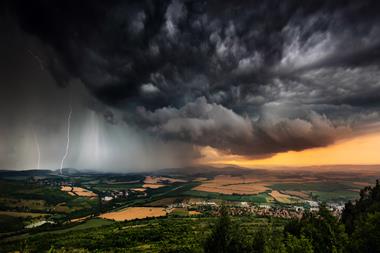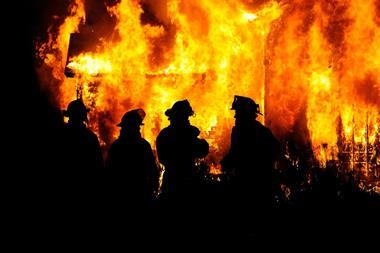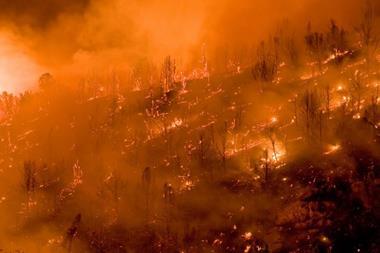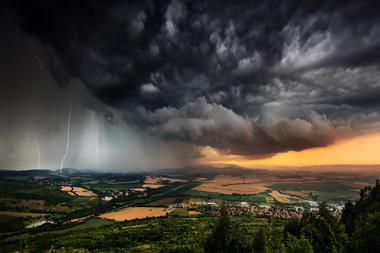Current disaster preparedness plan relies too heavily on retrospective insurance, says lobby
A coalition of catastrophe experts warned that the USA remains unprepared for and unprotected from a financial calamity if a Katrina-like natural catastrophe strikes.
The solution, according to ProtectingAmerica.org, lies in the enactment of a comprehensive catastrophe protection plan like that envisioned in the Homeowners Defense Act of 2010.
"We are no better off than we were when Katrina struck. Indeed, given the global economic conditions, we may even be worse off than we were five years ago," according to James Lee Witt, former Director of the Federal Emergency Management Agency (FEMA), and the current co-chair of ProtectingAmerica.org.
"The fact is that the nation is exposed and vulnerable to enormous economic consequences unless we take steps now to prepare for the next major natural catastrophe," Witt said.
Protecting America argued that the US needs a financial backstop to assure that consumers have the funds to repair, rebuild and recover in the aftermath of a massive natural catastrophe.
"A massive hurricane making landfall near any of our great urban centres from New York to Houston would result in tremendous loss of life and enormous damage to homes and businesses. The economic devastation would quickly dwarf the damages caused by Hurricane Katrina," said Admiral James Loy, who co-chairs ProtectingAmerica.org.
"Clearly, the $26bn taxpayer bailout that followed Hurricane Katrina would be quickly eclipsed by such a catastrophe," Loy said.
According to Witt and Loy, the current model for catastrophe recovery relies too much on insurers and reinsurers to cover the first level of losses following a massive event, but ultimately relies on federal taxpayers to cover the rest.
"This is an unfair system that rewards risky behavior, does nothing to encourage prevention and mitigation efforts," Witt said.
ProtectingAmerica.org called for a privately funded public partnership that helps to pre-fund the financial costs of a large-scale natural catastrophe.
Witt urged the government to act quickly, before the next catastrophe strikes.



















